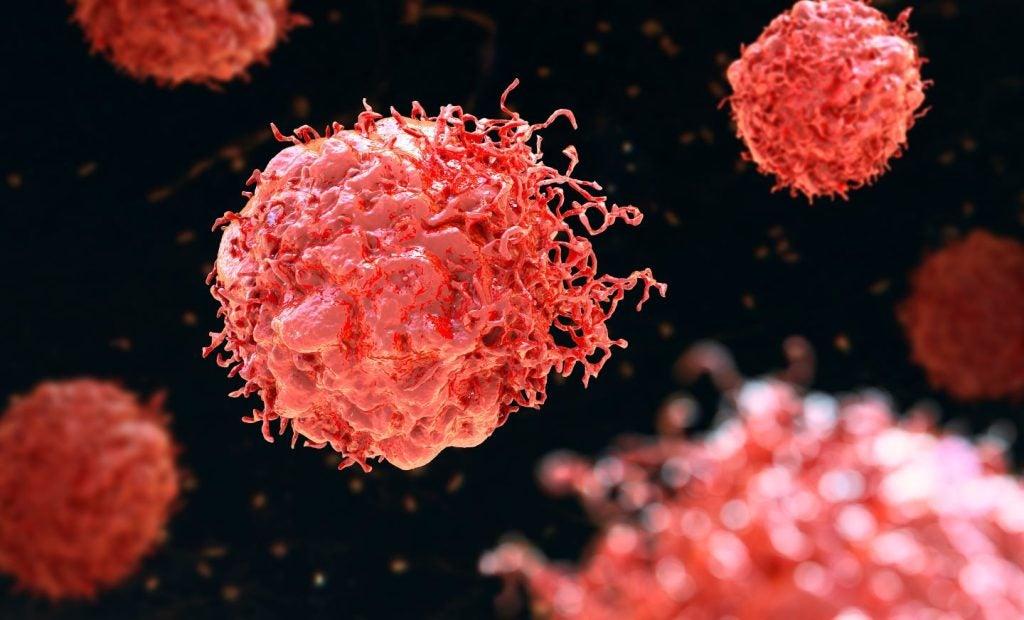The US National Institutes of Health (NIH) has launched a precision medicine trial that aims to match patients with myeloid leukaemia (AML) or myelodysplastic syndromes (MDS) to treatments based on the genetic profile of their cancer.
Funded by the NIH’s National Cancer Institute (NCI), the proof-of-concept myeloMATCH trial aims to enrol several thousand people within the first few years and to initiate further sub-studies over time.
Those enrolled in the trial with newly diagnosed AML or MDS will initially undergo genetic testing of their tumour samples. Based on the molecular characteristics of their tumours, patients will be matched to sub-studies testing treatments appropriate to the specific genetic changes and characteristics observed with their cancer or receive standard treatment if a suitable sub-study is not available.
If the initial treatment used in the sub-study a patient is allocated to demonstrates disease reduction, they will undergo further genetic testing to match them to a subsequent sub-study testing a treatment appropriate for the specific genetic changes associated with their remaining disease.
As the amount of a patient’s disease decreases, NIH said that study investigators will use increasingly sensitive tools to identify appropriate treatments for any remaining cancer cells.
“AML and MDS are a heterogeneous group of cancers that can progress very quickly. Treatment advances depend in part on the ability to rapidly identify which subtype of cancer each patient has so that treatments can be tested for their specific cancer,” said Dr Richard Little, managing director of NCI’s division of cancer treatment and diagnosis and NCI coordinator for the myeloMATCH trial.
“The goal of myeloMATCH is to test combinations of drugs to treat the disease in a highly targeted way and to be able to start treatment quickly after diagnosis.”
The NCI's National Clinical Trials Network is conducting the myeloMATCH trial with the participation of the NCI Community Oncology Research Program (NCORP). Initial sub-studies are being led by research groups, including the SWOG Cancer Research Network and the Alliance for Clinical Trials in Oncology.
Along with myeloMATCH, NIH has two other precision medicine trials underway in ComboMATCH, which is testing the effectiveness of treating adults and children who have relapsed solid tumours with new drug combinations that target specific tumour alterations; and ImmunoMATCH, a pilot study to assess if characterising the immune status of a tumour can be used to improve the response to targeted immunotherapy treatments.
The trials are successors to NCI-MATCH, a three-year trial that wound down last year and showed that people with advanced cancer may benefit from genomic sequencing to help plan their treatment.
Danielle Carnival, deputy assistant to the President for the Cancer Moonshot, an initiative outlined by President Biden and First Lady Jill Biden in 2022 with the aim to drive down the cancer mortality rate and prevent four million deaths by 2047, said the US Government would work to expand access to trials such as myeloMATCH, with a view to bringing new targeted treatments to cancer patients.









